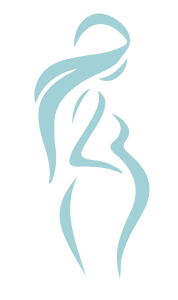discover more about PREGNANCY
Pregnancy Resources
A healthy baby and mother is paramount throughout pregnancy to ensure a healthy delivery and baby.
It is normal for women to gain some weight during pregnancy due to the growth of the fetus, placenta and amniotic fluid. However, too much extra weight during pregnancy can lead to adverse outcomes for the mother and/or baby.
There are many benefits to be gained from regular exercise during pregnancy. These include physical benefits (lower blood pressure, reduced risk of gestational diabetes) and the prevention of excessive weight gain, blood pressure complications and improved psychological wellbeing.
Many women will travel during pregnancy for work, recreation and visiting friends and relatives. In general, the second trimester is the safest and most comfortable time to travel.
Pre-eclampsia can occur in any pregnancy. About 3–4% of all pregnant women in Australia and New Zealand develop preeclampsia.
If your baby’s movement pattern changes, it may be a sign that they are unwell.
An amniocentesis is a medical procedure performed to sample the fluid around the baby in the uterus (womb). This fluid is collected using a needle inserted through the pregnant woman’s abdomen.
Group B streptococcus (‘GBS’, or ‘group B strep’) is a type of bacteria that lives on our bodies.
Whooping cough (or pertussis) is a serious respiratory infection that causes a long coughing illness. In babies, it can lead to pneumonia and brain damage.
Diabetes is a condition where a person has too much glucose in their blood. Gestational diabetes is a form of diabetes that occurs during pregnancy, and usually goes away after the baby is born.
Weight is a very sensitive subject for some women. However,
because of the great benefit to you and your baby, it is
recommended that you should try to reach a healthy weight before you become pregnant.
By Penrith Physiotherapy Sports Centre.

